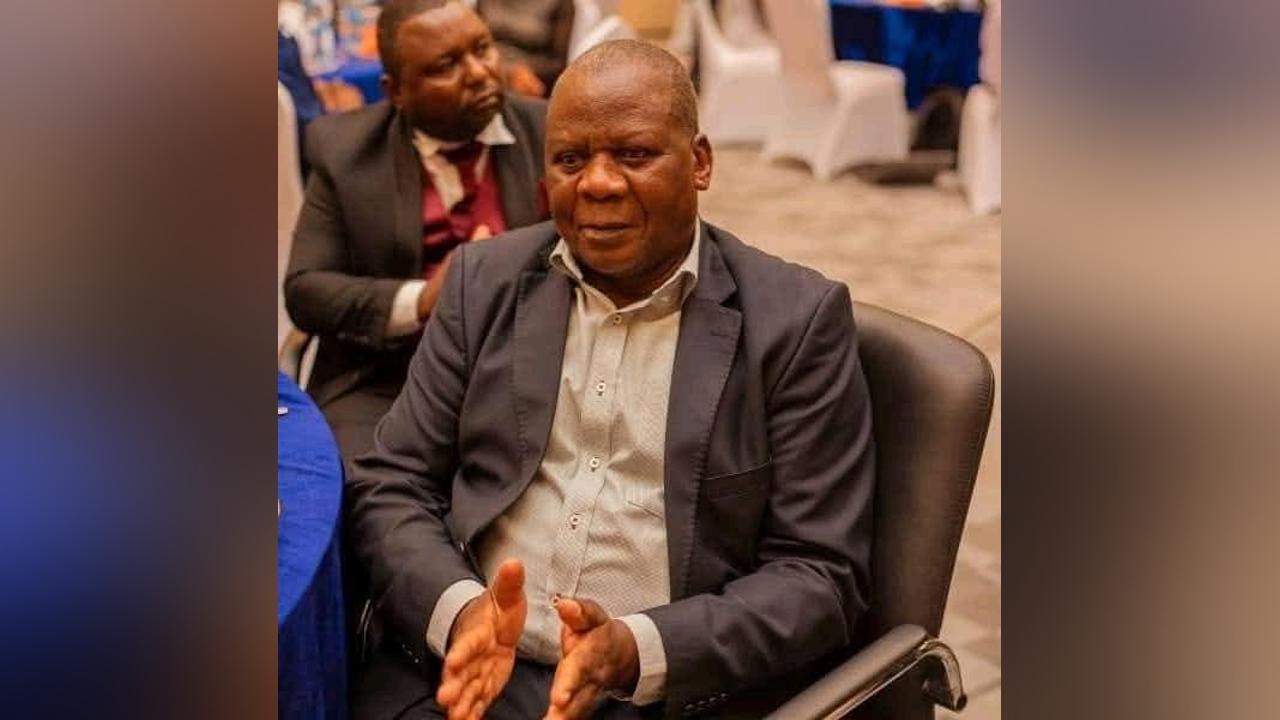Africa-Press – Zambia. It was both distressing and disheartening to see young journalists counting themselves after MP Garry Nkombo addressed a group of journalists outside what I think was the Police Headquarters where he had gone to report a cyber related case. They were doing so because the MP wanted to know how many they were in order to ‘compensate’ them for covering him as it is now “normal” to do so. Elsewhere on the same day I am aware that journalists who attended a launch were paid for their presence. While this has become “normal” practice as MP Nkombo has observed, it remains one of the major impediments to professional standards and ethical journalism practice.
Media development organisations, media self-regulation bodies, media owners, journalism associations and individual journalists (the media) all around the world have fervently stood up and fought for independent journalism and press freedom in an on-going battle in which they have scored some wins. However, they have failed to tackle some areas that demand professional self-introspection including Cash for News.
They have failed to curtail the Cash for News practice known as Bulalizo in Zambia. This is the practice in which news sources pay journalists to cover them or their events. Paying for journalistic coverage presents potential for low-quality content, damage to credibility, and ethical violations. It can undermine the integrity of the media and its ability to serve the public interest. Some of these are already visible in some Zambian media outlets. Paying for coverage can be viewed as bribery or a form of corruption, potentially undermining the ethical principles of journalism and the public’s trust in the media. It can also create a conflict of interest, as journalists may be influenced by the financial incentive to write a positive story.
Just like they have defended freedom of the press, media organisations and owners should fervently support acceptable and legally regular salaries for journalists to avoid the shameful temptation to beg sources for “transport” or “facilitation” allowances. They should encourage media house policies which make it an offence to receive money or any form of incentive from news sources – while they pay good ad regular salaries.
In addition, these entities collectively, have failed to ensure independent media is seen as being not only independent from government or political interference but also independent from commercial interests or ownership. It has become common place to see media owners (Commercial interest) taking lead editorial roles in newsrooms. Media ownership can significantly impact the independence and diversity of the media landscape.
Independent media, which strives to operate free from ownership influence, plays a vital role in ensuring public access to a variety of information and promoting a healthy democracy.
Media owners that want to continue practicing can learn from one media owner in Zambia who has started a podcast in which he conducts and practices journalism away from his radio or television outlets. This gives the employed journalists independence to make editorial decisions, without his influence but within the parameters of the media house’s policies.
Newsroom management, angling of stories, directing news coverage or radio/TV programmes, editing the news which includes deciding what should be published, should be left to journalism teams employed by the media owner.
May times we are told journalism has changed over time. Fortunately its ethics and principles of truth and fact have not changed.
For More News And Analysis About Zambia Follow Africa-Press







